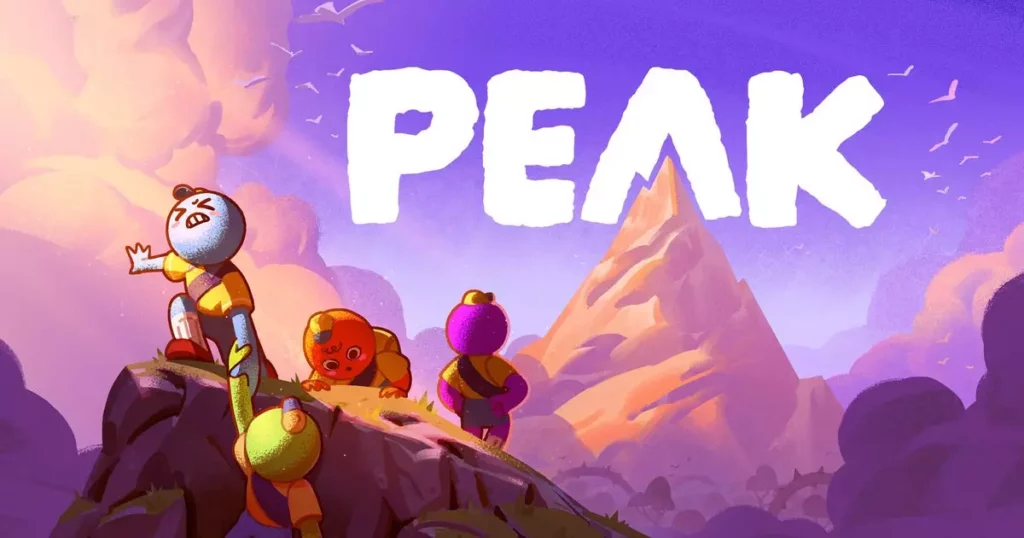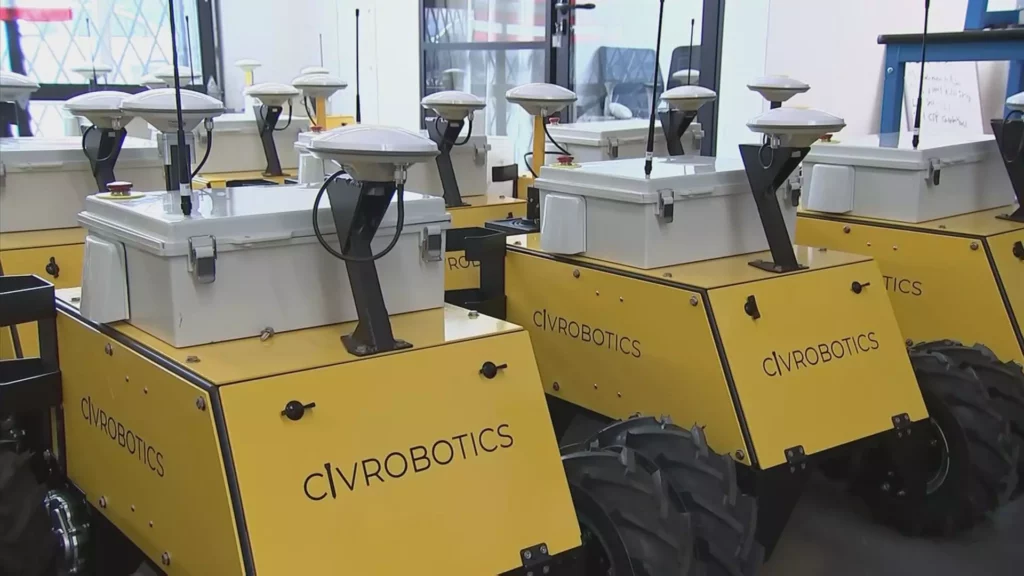In a gaming landscape overflowing with options, the realization that a simple notion can transform into a captivating title is often overshadowed by the noise of major franchises and repetitive sequels. Enter Peak, a cooperative mountain climbing experience that challenges players to engage in both competition and collaboration. The rapid evolution of this game from concept to reality in just one month is not purely a stroke of genius; it’s steeped in a whirlwind of emotions, notably jealousy. The creators at Aggro Crab, together with Landfall, harnessed this raw sentiment not as an impediment but as a potent catalyst for creativity. Nick Kaman, at the helm of Aggro Crab, disclosed that witnessing the success of another game birthed from a similar game jam incited passion and urgency within his team—transforming jealousy into a force of inspiration.
This perspective of using negative emotions positively presents a motivating narrative for potential game developers. Jealousy, often stigmatized, fueled the foundation for the creation of Peak and illustrates how even uncomfortable feelings can be redirected toward extraordinary outcomes. Kaman’s journey reflects a growing trend among indie developers: those seeking authenticity in their creations and using personal emotions as a launchpad for innovation.
A Unique Collaborative Experience
The collaborative aspect of indie game production adds a unique flavor to the development cycle, offering an exciting contrast to the more sterile, traditional corporate environments associated with larger studios. For Peak, this collaboration wasn’t merely about dividing chores but cultivating meaningful relationships. The decision to work in the lively district of Hongdae in Korea, rather than a stuffy office, underlines the significance of atmosphere in the creative process.
Immersion in local culture becomes a critical element in sparking creativity. The challenges of assembling furniture from IKEA seem trivial, yet serve as a metaphor for teamwork and a cohesive work environment where ideas freely collide. When developers engage not just in work but in shared experiences—discussing concepts over meals—the synergy generated is immeasurable. It’s this human connection that often leads to the most innovative ideas, highlighting an important undercurrent in the industry: the best games come from collaboration, not isolation.
Evolving Concepts: From Hot Tub to Peak
What’s perhaps most intriguing about Peak is its multifaceted evolution. The initial idea for the game, conceptualized in a hot tub in Sweden, was far removed from the cooperative challenge players ultimately enjoy. The trajectory of development—a shift from a sprawling open-world survival game to a tightly knit cooperative journey—exemplifies the need for flexibility in creative projects. In an era where many developers cling rigidly to initial visions, Peak is an emblematic narrative of how adaptability can lead to more defined, successful outcomes.
This evolution is accompanied by an intriguing blend of dark humor and quirky challenges that resonate on various levels. The realization that a game can thrive without conforming to established norms is liberating for many in the indie scene, presenting a refreshing challenge to the market’s traditional offerings. The Team behind it recognized that their initial concept had to pivot significantly, and their willingness to embrace change in pursuit of a stronger vision speaks volumes about the importance of being open-minded.
Success Beyond Sales Figures
Despite its success—both commercially and critically—it’s essential to scrutinize what that success truly means. In our results-driven world, sales numbers often become the sole metric by which we gauge a game’s worth. However, Peak challenges this narrative, emphasizing that the shared experiences and camaraderie among its developers played an instrumental role in crafting a quality product. The journey they undertook is a powerful affirmation that creativity is not just about the final tangible result; it encompasses relationships, lessons learned, and the evolution of both the concept and the team itself.
For aspiring developers lured by the idea of replicating Peak’s rapid development, a cautionary reminder exists. The confluence of vast experience, collaborative spirit, and a conducive environment cannot be overstated. While not every quick project will yield similar rewards, the lessons extracted from Peak’s conception provide a blueprint of sorts for those willing to delve deep into their own emotional landscapes and collaborative practices.
A Bright Reflection of the Future
In a transformative industry dominated by major players, Peak shines as a beacon for aspiring developers. It stands as proof that creativity can often blossom outside traditional confines. By dismantling old paradigms and prioritizing authentic collaboration, developers can find new avenues to explore innovative ideas. The future looks promising for those who dare to embrace their emotions and work together, and Peak serves as a compelling testament to the power of creative cooperation in a rapidly evolving gaming world.









Leave a Reply